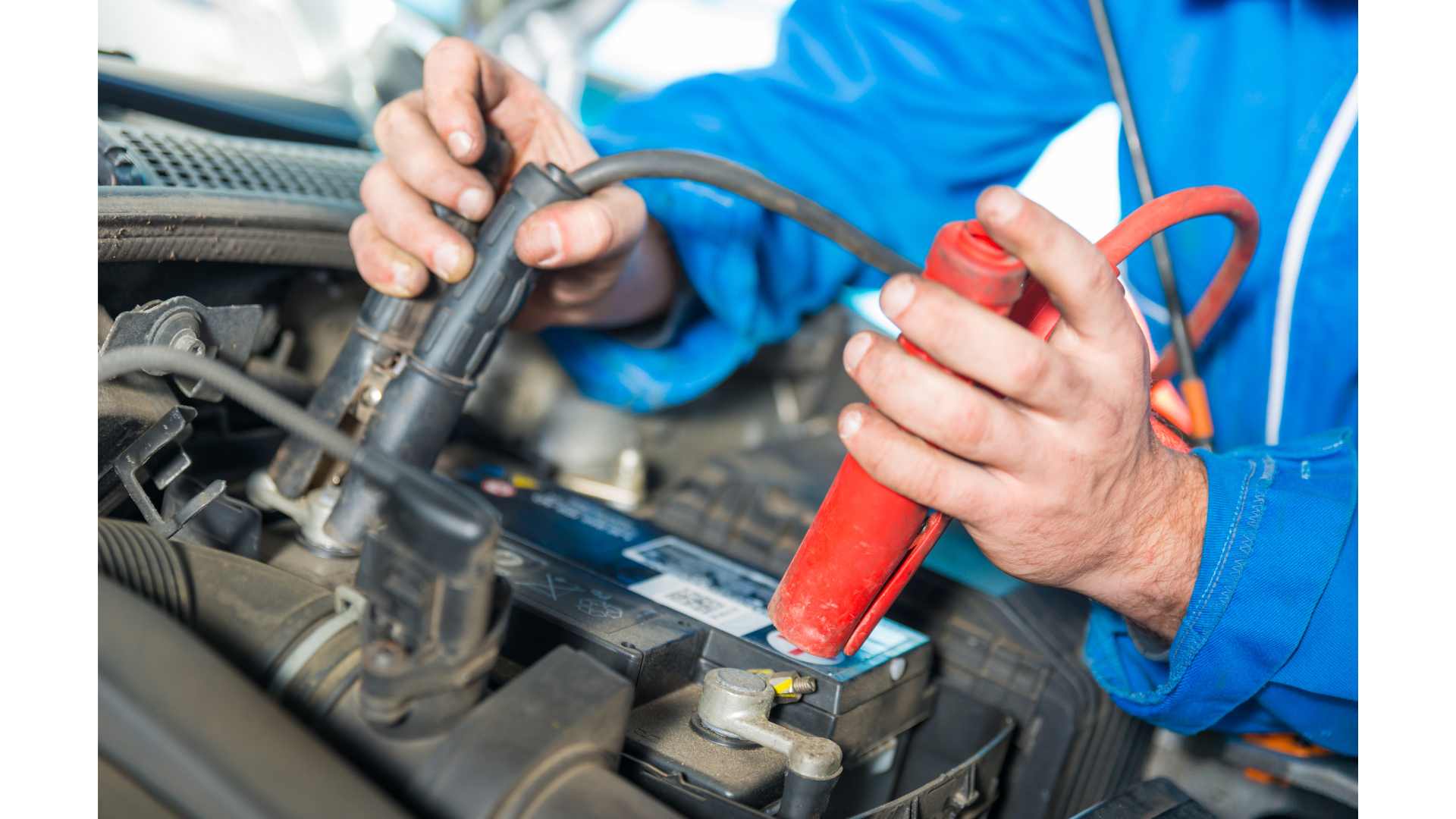No, it is not normal for car batteries to die continuously. If your Volkswagen battery barely lasts the night, something has gone wrong. One or more of the following factors could be responsible for your problem:
1). Old Battery
Your battery has reached the end of its lifespan. According to Forbes, car batteries have a lifespan of three years. The actual duration ranges between three to five years. However, these devices rarely make it to five years. Batteries don’t fail overnight. They usually manifest warning signs such as the following:
- The headlights will become dim and weak. Sometimes, the difference is so dramatic that you can’t ignore it. In other cases, you may not notice the dimming headlights until the battery stops working.
- You may hear a clicking sound every time you turn the key in the ignition. This happens because the battery keeps sending insufficient current to the starter solenoid.
- The car won’t start unless you step on the gas pedal.
- You will perform frequent jump starts.
- The car may refuse to start altogether.
Cars have too many moving components, and they can all wear out. How do you know the battery is responsible for the symptoms above? What if the fault lies elsewhere? Confirm your suspicions by testing the battery with a multimeter:
- Car Hop suggests setting the multimeter to 15 – 20V. Additionally, they want you to remove the battery’s surface charge by turning the headlights on for two minutes before switching them off.
- Connect the multimeter’s probes to the battery’s positive and negative terminals.
- Check the readings. Decent batteries should display 12.6V.
2). Bad Alternator
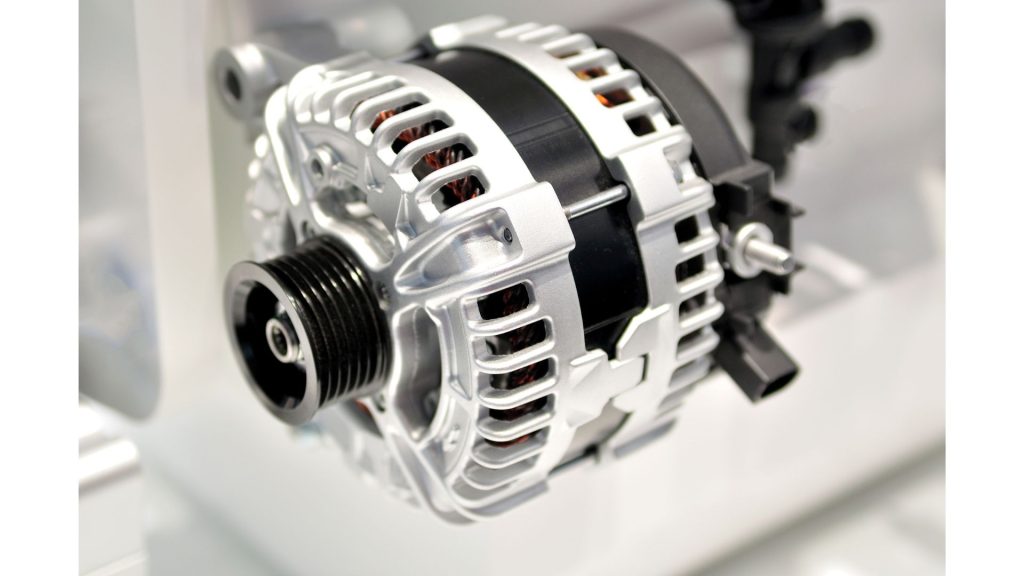
What makes you think your battery keeps dying? You’re assuming that the alternator charged the battery, to begin with. Car batteries have a finite amount of energy. Your Volkswagen’s features and functions will eventually deplete that energy unless the alternator recharges the battery.
But the alternator cannot perform this function if it develops a defect. A battery that keeps dying is not proof of a bad alternator. However, it should encourage you to test the alternator. You have two methods at your disposal:
- Battery Test
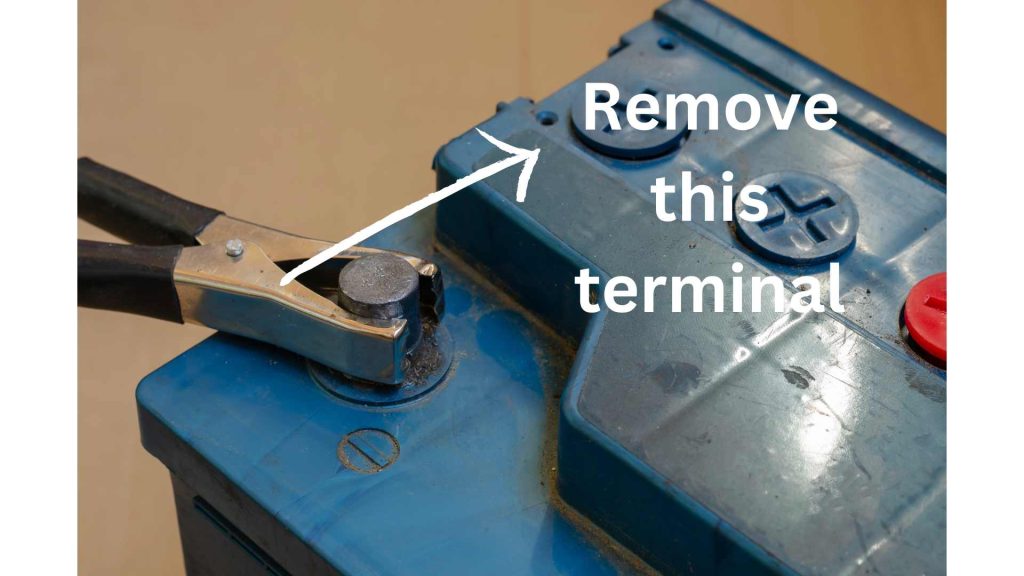
Start the engine and open the hood. Remove the battery’s negative cable. If the alternator has failed, the engine will either stall or stop because the alternator can’t generate enough power to run the car. If the engine keeps running, the alternator is probably fine, and the battery is the problem.
- Headlight Test
The headlight test is easier and more convenient than the battery method. But you should perform it out in the open. Performing the headlight test in a garage puts you at risk of carbon monoxide poisoning.
Start the car and step on the gas. Ask a second person to observe the headlights. Their brightness should remain unchanged. If the headlights are getting brighter or dimmer, the alternator is defective.
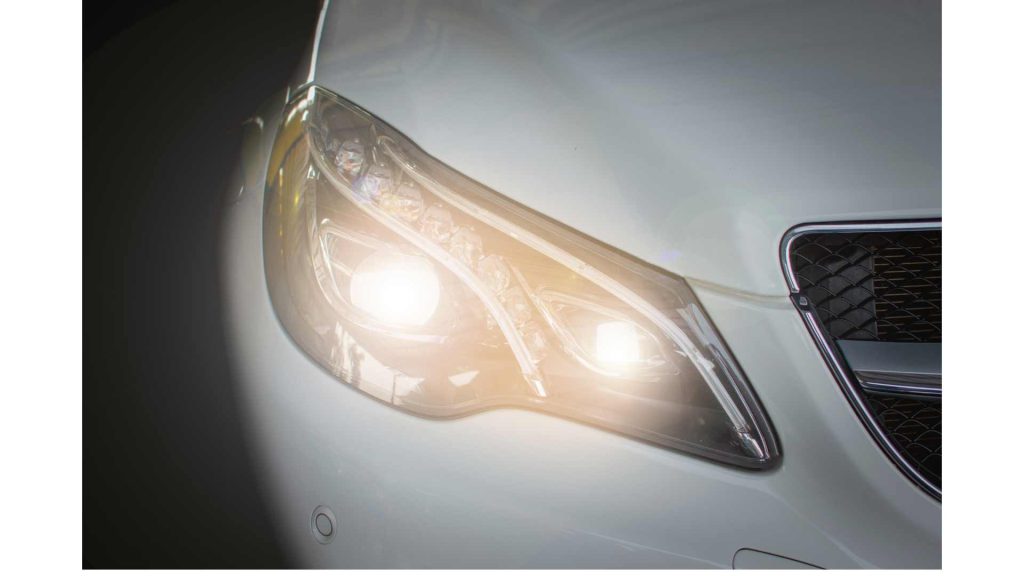
If you don’t trust these tests, look for the obvious signs of a bad alternator, such as grinding noises, glitchy electrical systems, and a burning smell. You can also take the car to a mechanic. Some garages will charge you a small fee to test the alternator. Others will perform this service for free.
3). Parasitic Drain
The mechanics you consult will blame this issue on human error. They will assume that you keep leaving the headlights, radio, and other electronic components on overnight, which drains the battery.
But you wouldn’t complain about this problem if human error was at fault. More than likely, you take the time to switch everything off before leaving, and yet, your battery keeps dying. This is where parasitic drain enters the picture.
Something is draining the battery continually. On the surface, the parasitic drain is not a cause for concern because modern cars have various components that continuously draw power from the battery. That includes the security alarm and clock.
But something has gone wrong if the parasitic drain is significant enough to deplete the battery overnight. You should look for electrical faults, poor wiring, loose connections, and more.
4). Extreme Temperature
According to consumer reports, 2.2 million people called AAA in the summer of 2020 because of battery-related issues. This is because the summer heat has a greater impact on car batteries than cold conditions in the winter.
Leaving your Volkswagen out in the sun can degrade a battery by raising the temperature below the hood.
5). You Don’t Drive Enough
The alternator charges the battery while you drive. Therefore, if you normally take short drives, you won’t give the alternator enough time to recharge the battery.
How To Fix It Volkswagen Battery That Keeps Dying?
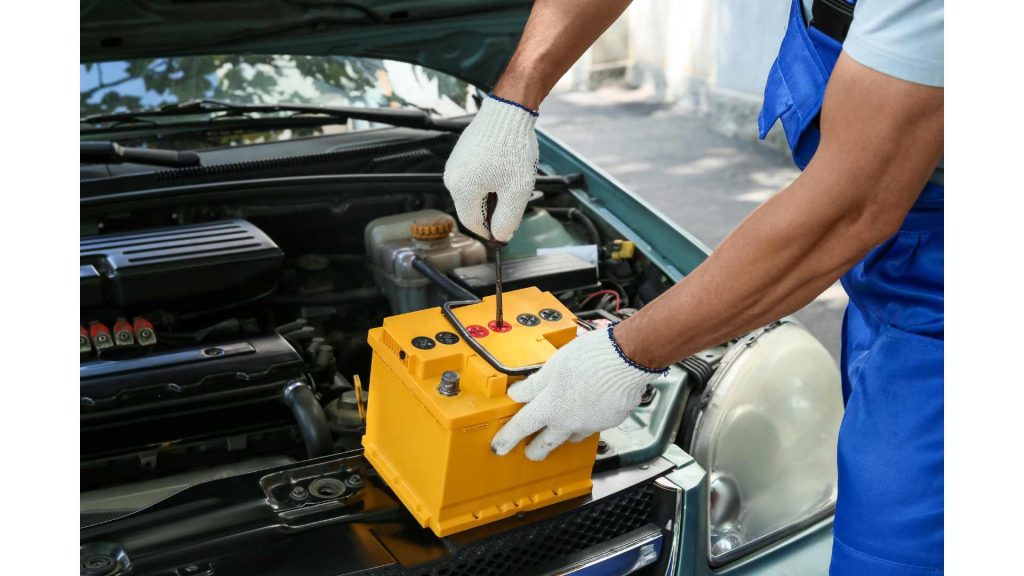
This problem sounds serious, but you can resolve it. Once you identify the issue, you can deploy one or more of the following solutions:
1). Fix The Parasitic Drain
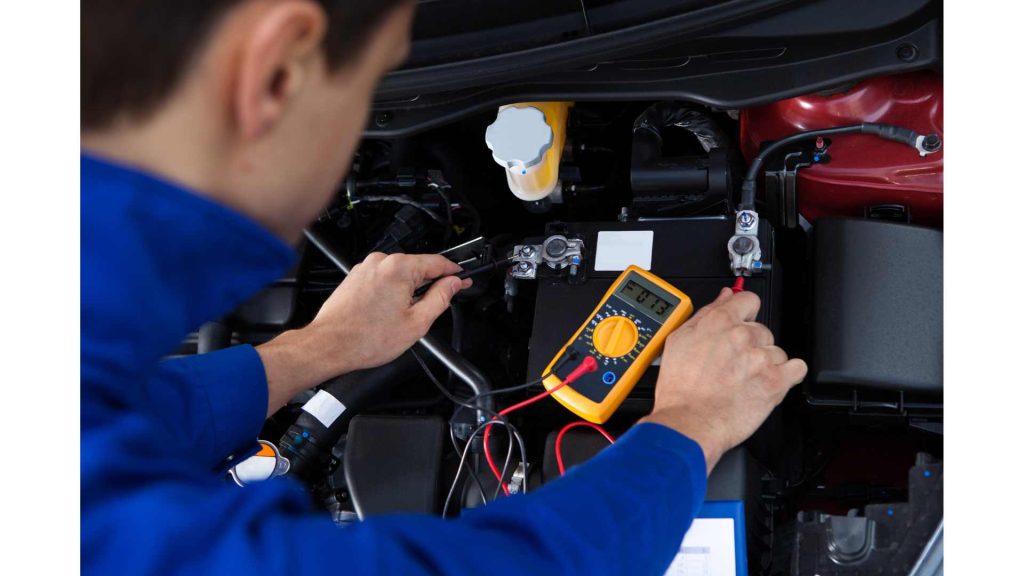
- Open the hood
- Remove the negative cable from the battery.
- Get a multimeter. Switch the settings to DC and Amps.
- Connect the multimeter to the battery. You want the power to flow through the multimeter. If you connect the multimeter correctly, you will see the number of amps causing the battery drain on the display.
- Find the fuse panel and use pliers to remove the fuses one at a time. Replace each fuse you remove. Once you pull the correct fuse, the amps on the display will fall.
This diagnostic approach will allow you to identify the component causing the parasitic drain. Once you find it, you can fix it.
2). Replace A Bad Alternator
Why did the alternator fail? This question matters because it will determine whether you repair or replace the alternator. You can replace worn-out brushes, rotor bearings, and rectifiers. You can also get a new alternator for roughly $350.
However, you may spend thousands of dollars on a Volkswagen alternator, depending on the model. Repairs are definitely the cheaper option. But only an expert can make this decision after diagnosing the alternator. Otherwise, some consumers may attempt to fix an irreparable alternator because the option is cheaper than getting a replacement.
3). Drive More Frequently
Don’t allow the car to sit in the garage for long periods. Take it out for a drive regularly. You should also drive for longer durations to allow the alternator to charge the battery. If circumstances such as freezing weather have forced you to park the car for longer than expected, use smart chargers that maintain the battery.
4). Avoid Extreme Temperatures
Don’t expose the car to extreme conditions if you can help it. For instance, you should park the car in the shade on hot days. Keep it in a garage if you have one. Many drivers use heaters during winter.
5). Find And Fix Loose And Corroded Connections
Sometimes, you think your battery is dead when, in truth, you have loose or corroded connections that won’t transmit the battery’s power. Find these loose connections and tighten them. You can also replace worn-out wiring. Electrical tape has its limits. Don’t forget to clean the battery terminals.
6). Replace Old Batteries
Batteries Shack wants you to replace the battery every three to five years. Even when you maintain the battery, you can’t trust it to meet your needs after five years. Get a new one before the old battery betrays you.

